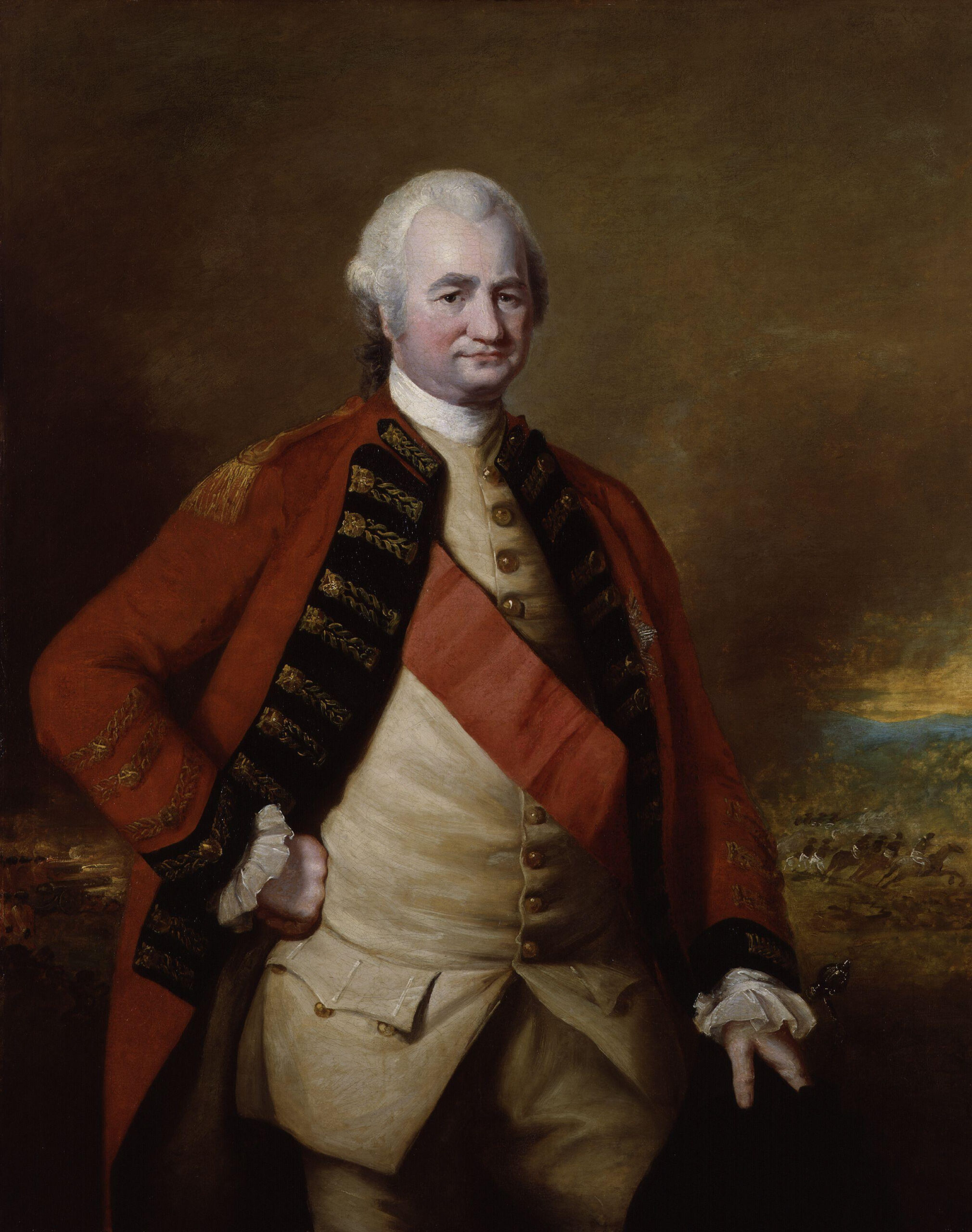The Impact of Clive of India on British Colonial History

Introduction
Clive of India, or Robert Clive, remains a significant figure in British colonial history, known for his pivotal role in establishing the British Empire in India. His actions during the 18th century set the stage for British dominance in the subcontinent, shaping not only political landscapes but also the cultural interactions between Britain and India. As recent discussions reflect on colonial legacies, Clive’s strategies and their implications continue to fuel debate.
Clive’s Rise to Power
Robert Clive was born in 1725 in Shropshire, England. He joined the East India Company as a clerk in 1744. However, his career took a decisive turn during the Carnatic Wars, where he demonstrated considerable military and administrative skills. By 1757, during the Battle of Plassey, Clive orchestrated a decisive victory against the Nawab of Bengal, Siraj ud-Daula. This triumph not only marked the beginning of British rule in Bengal but also secured immense wealth for the East India Company.
Consequences of Clive’s Policies
Clive’s tenure is often intertwined with both progress and exploitation. The British consolidation of power in India allowed for infrastructural developments such as railways and telecommunication. Nevertheless, it also led to significant socio-economic upheavals and famines, particularly the Bengal Famine of 1770, which resulted in the deaths of millions. Clive himself has been accused of being complicit in the plundering of resources, sparking ongoing discussions about the ethical implications of his actions.
Contemporary Relevance
As the world continues to reckon with the impacts of colonialism, the legacy of Clive of India has become a focal point in debates surrounding historical monuments and public memory. Statues of Clive have been removed, and discussions regarding colonial histories have emerged fervently in the UK and India. Educational institutions are increasingly addressing these topics to provide a more nuanced understanding of colonial impact.
Conclusion
Clive of India represents the complexities of colonial rule, leaving behind a legacy that intertwines administrative genius with the exploitation of lands and peoples. As discussions about colonial histories evolve, understanding the implications of figures like Clive becomes crucial not just for historians but for all who seek to understand the foundational narratives of modern nations. With growing awareness of historical injustices, efforts to reconcile past transgressions with contemporary dialogue remain essential, emphasizing the importance of reflecting on legacies that have shaped our societies.
You may also like

Reflections on the Lockerbie Tragedy: 35 Years On

The Legacy of Enoch Powell in British Politics

The Role of the Shogun in Japanese History
SEARCH
LAST NEWS
- Remembering Wendy Richard: The Promise to Co-Star Natalie Cassidy
- How Did Anglian Water Achieve an ‘Essentials’ Rating for Mental Health Accessibility?
- Shai Hope Leads West Indies in T20 World Cup Clash Against South Africa
- What We Know About Weston McKennie: Future at Juventus and Past at Leeds
- What We Know About the Upcoming Live Nation Antitrust Trial